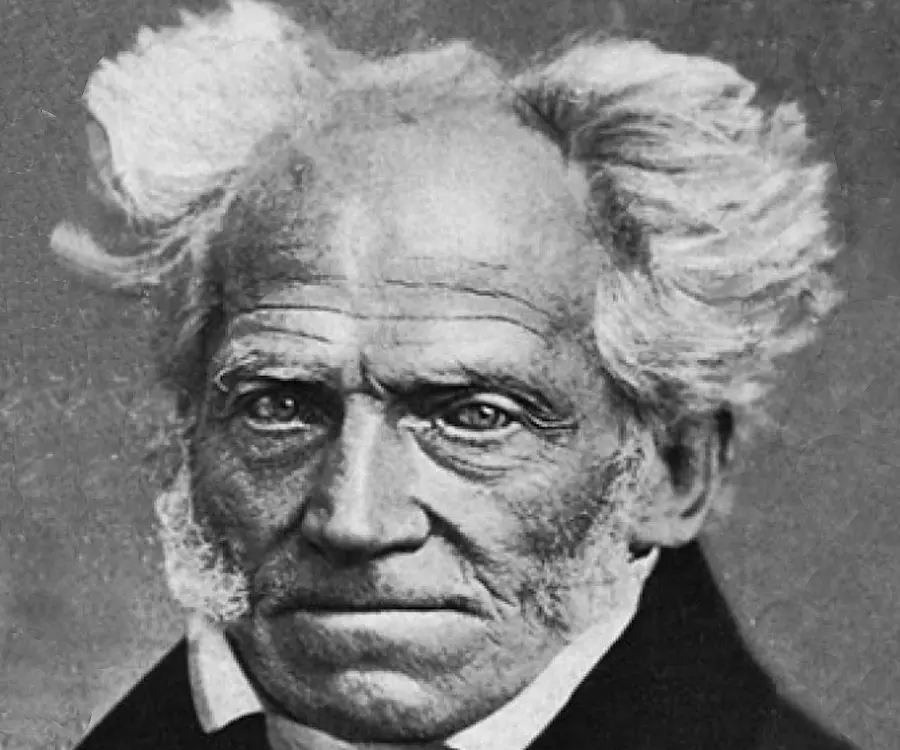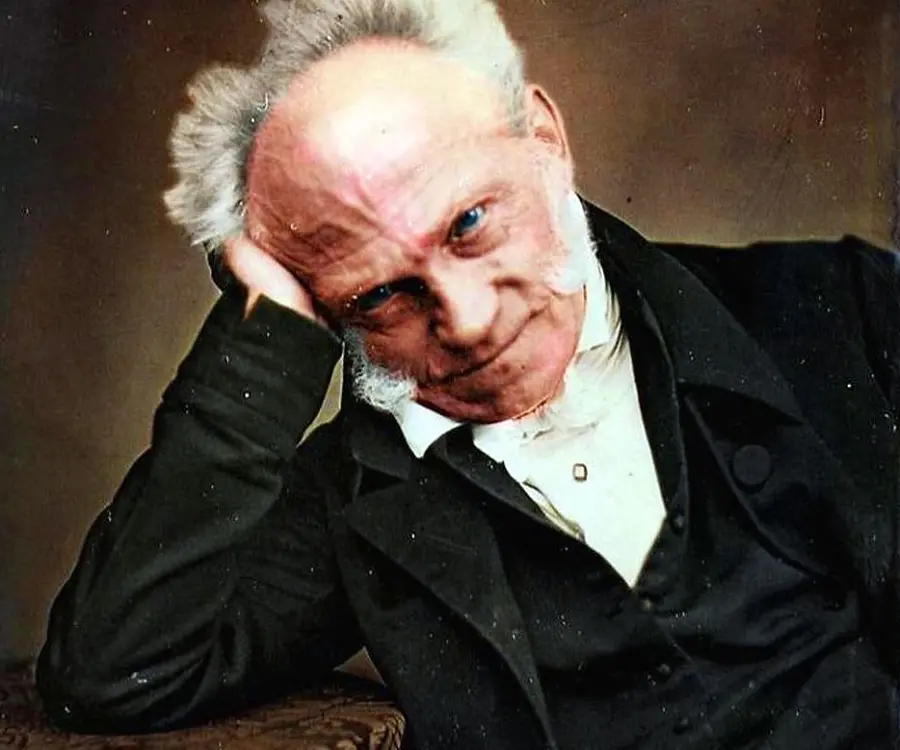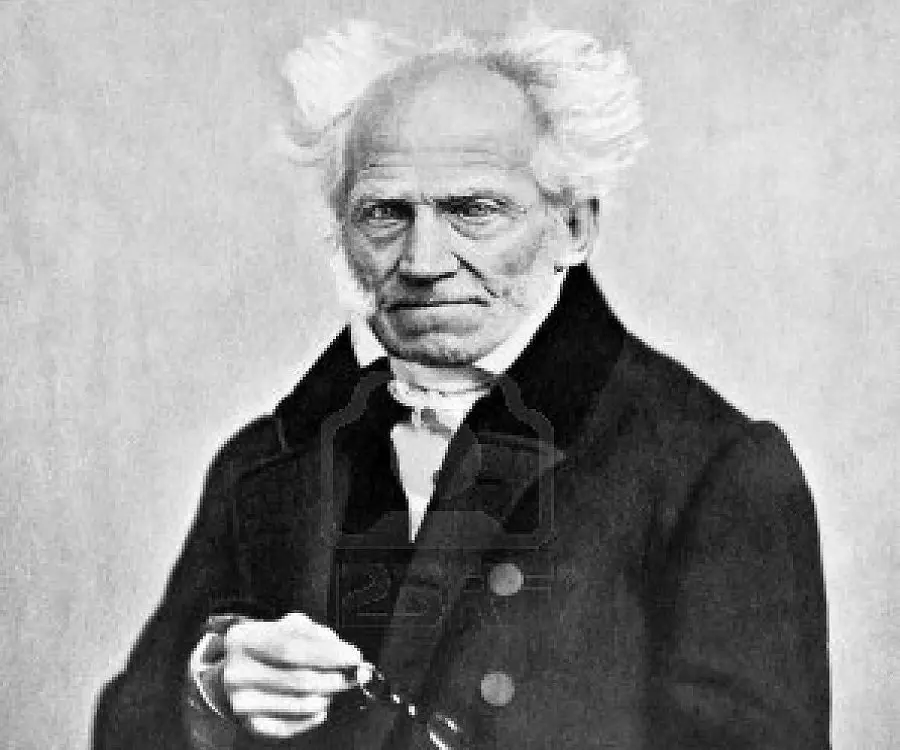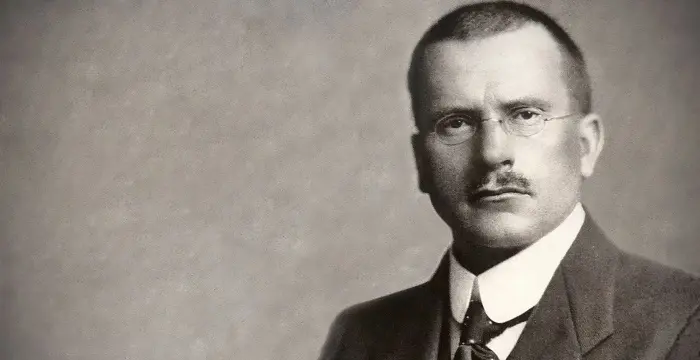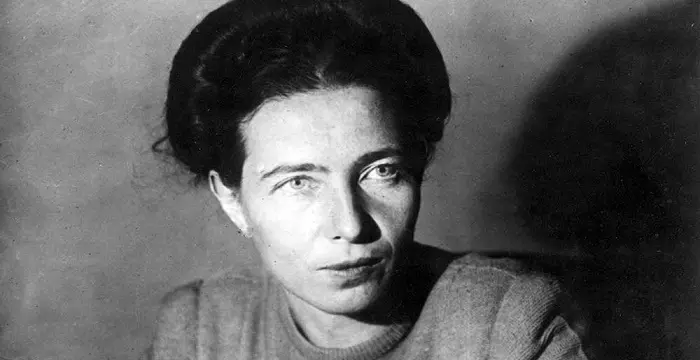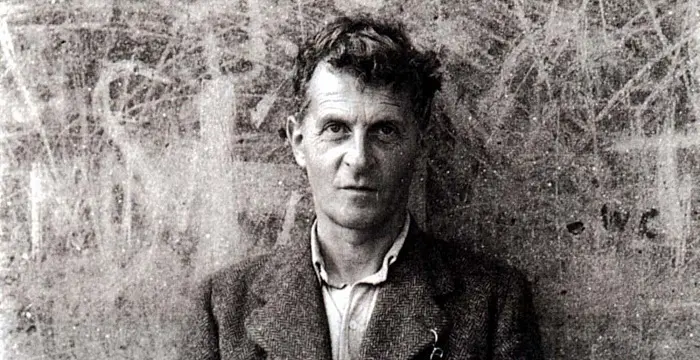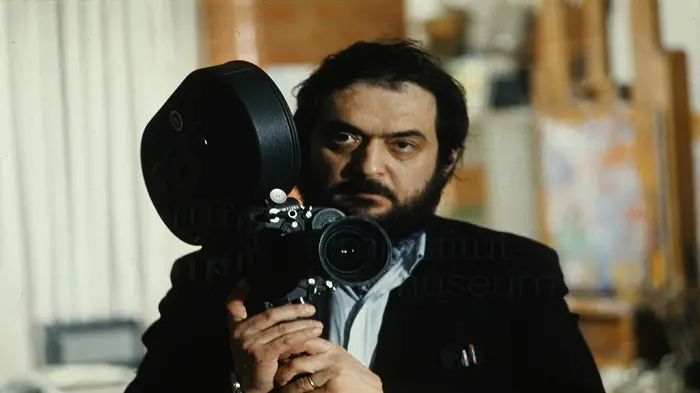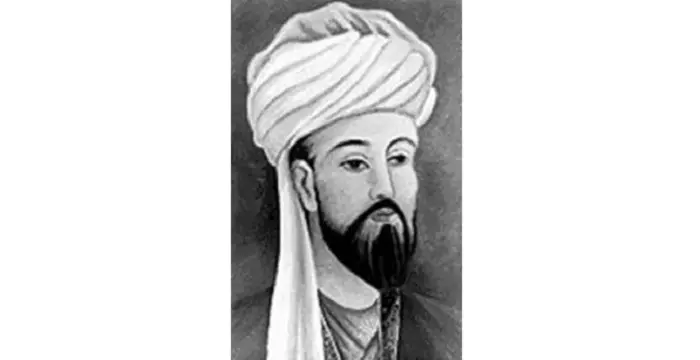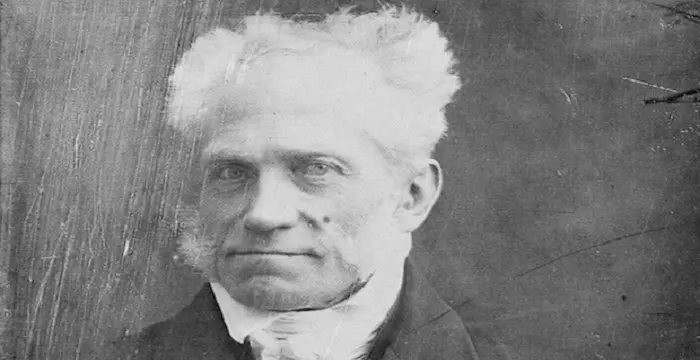
Arthur Schopenhauer - INFJ, Birthday and Family
Arthur Schopenhauer's Personal Details
Arthur Schopenhauer was a great German philosopher of the late 19th century, famous for his pessimistic philosophies.
| Information | Detail |
|---|---|
| Birthday | February 22, 1788 |
| Died on | September 21, 1860 |
| Nationality | German |
| Famous | Atheists, Intellectuals & Academics, Philosophers, INFJ |
| Siblings | Adele |
| Universities |
|
| Birth Place | Gdańsk |
| Gender | Male |
| Father | Heinrich Floris Schopenhauer |
| Mother | Johanna |
| Sun Sign | Pisces |
| Born in | Gdańsk |
| Famous as | Philosopher |
| Died at Age | 72 |
// Famous Intellectuals & Academics
Bertil Gotthard Ohlin
Bertil Gotthard Ohlin was a famous Swedish economist. This biography profiles his childhood, family life & achievements.
Emily Greene Balch
Emily Greene Balch was an American economist, sociologist and pacifist who won the 1946 Nobel Peace Prize. This biography of Emily Greene Balch provides detailed information about her childhood, life, achievements, works & timeline.
Martin Buber
One of the greatest philosophers to have ever walked on earth, Martin Buber contributions to philosophy is a long-standing one. Explore all about his profile, childhood, life and timeline here.
Arthur Schopenhauer's photo
Who is Arthur Schopenhauer?
An isolated, aggressive and pessimistic person, Schopenhauer was one of the greatest philosophers of the 19th century. His cynicism, much of which was rooted in the manner he was raised, taught him an early lesson that individual will is nothing but a whim. He even believed that the world does not exist and was just a figment of one’s imagination. For him the world and the existence of human beings were absurd, rife with mundane activities, desires and conflicts which neither render anything, nor serve any purpose. He wished to rise above all these, to lead a life devoid of worldly desires and bereft of any relationships. He chose a lonely life for himself, trying to understand the humiliation of existence and how it could be mitigated. He immersed himself exploring Buddhism and Indology and was particularly charmed by the ‘Upanishads’ (philosophical texts) which he described as “the production of the highest human wisdom”. Calling the Sanskrit literature as "the greatest gift of our century", he studied it deeply and incorporated it in his masterpiece ‘The World as Will and Representation.’ Thus, the ‘Upanishads’ and other eastern philosophical texts gave him purpose and a higher level of discernment of life, so much so that, he once said “It has been the solace of my life, it will be the solace of my death!”.
// Famous INFJ
Carl Jung
Carl Jung was a Swiss psychiatrist famous for founding the school of analytical psychology. This biography of Carl Jung provides detailed information about his childhood, life, achievements, works & timeline.
Simone de Beauvoir
Simone de Beauvoir was an eminent French writer, intellectual, activist, and philosopher. This biography profiles her childhood, life, thoughts, achievements and timeline.
Ludwig Wittgenstein
Ludwig Wittgenstein is a renowned philosopher. Read on to know about the life, career, and works of the famous Austrian philosopher Ludwig Wittgenstein.
Childhood & Early Life
Arthur Schopenhauer was born on 22 February 1788, in Danzig (Gdańsk), to Johanna Schopenhauer and Heinrich Floris Schopenhauer. Both his parents were descendants of wealthy German patrician families.
His father died in 1805; it is generally believed he committed suicide. His mother, a writer and an intellectual, started a literary salon in Weimar after her husband's death. Arthur had a strained relationship with his mother.
He was an intelligent young boy who enrolled at the University of Gottingen in 1809. There he studied metaphysics and psychology under Gottlob Ernst Schulze and was especially influenced by the ideas of Plato and Immanuel Kant. He also attended lectures by the prominent post-Kantian philosopher Johann Gottlieb Fichte and the theologian Friedrich Schleiermacher in Berlin in 1811-12.
Career
He began working on ‘The World as Will and Representation’ in 1814. It took him a few years to complete the work which was ultimately published in 1818. The first volume covered his ideas on epistemology, ontology, aesthetics and ethics. The second volume would be published much later.
Schopenhauer became a lecturer at the University of Berlin in 1820. However he was unable to find success in his academic career as only five students turned up for his lecture, forcing him to drop out of academia.
In 1831 he wrote a sarcastic treatise ‘The Art of Being Right: 38 Ways to Win an Argument’. In this work he gave 38 methods of beating an opponent in a debate. The introduction to the essay states that philosophers, especially since the time of Immanuel Kant, have not engaged with the darker art of the dialectic, of controversy.
He published the essay ‘On the Freedom of the Will’ in which he tried to answer the academic question "Is it possible to demonstrate human free will from self-consciousness?" which was posed by the Royal Norwegian Society of Sciences in 1839.
He published a second edition of ‘The World as Will and Representation’ in 1844. It had two volumes. The first was a virtual reprint of the original, and the second was a collection of essays expanding topics covered in the first. The important topics covered in the work were his reflections on death and his theory on sexuality.
In 1851, he wrote an essay ‘Of Women’ in which he described the women as less reasonable and lacking the capacity to make decisions. In the essay he also referred to women as the “weaker sex”.
Major Works
His single monumental work ‘The World as Will and Representation’ remains his greatest piece of work. The book is a philosophical genius in every sense as the author tries to illustrate non-rationality and universality as the supreme force behind the existence of both animate beings and inanimate objects.
Personal Life & Legacy
Schopenhauer never married but had a relationship with Caroline Richter, an opera singer, beginning in 1821.
He was not at good terms with his mother. He disliked the literary salon his mother had opened and was shocked by the fact that she had forgotten about his father who passed away some years ago.
At the outbreak of cholera, he left Berlin for Frankfurt in 1833 and lived there alone, except for his pet poodles which gave him company.
Though he enjoyed a robust health, but in 1860 his health began to deteriorate and he died of heart failure on 21 September 1860 while sitting at home on his couch with his cat.
This great philosopher's works and teachings inspired a number of philosophers - Richard Wagner, Friedrich Nietzsche, Jorge Luis Borges and to some extent Sigmund Freud.
He believed that the actions of all human beings lacked direction and that desire is the root of all evils. According to him, pain and suffering are directly proportional to desire as it creates frustration upon the failure of attaining a particular goal or object.
He was of the opinion that desire never ends which means after achieving something the desire for a new goal creeps in. This is a cycle which continues for an indefinite period.
Schopenhauer’s theory is being viewed and researched by many modern philosophers as an antecedent of the theory of evolution and the modern evolutionary psychology.
His views on women were mostly anti-feminist and for him “woman is by nature meant to obey”. In his essay ‘Of women’ he wrote “She pays the debt of life not by what she does, but by what she suffers; by the pains of child-bearing and care for the child, and by submission to her husband, to whom she should be a patient and cheering companion.”
He also believed in the monistic philosophy and stated that there is fundamentally no difference between human beings and animals. Their origin and the origin of human beings, is from the single ‘Will’ and that a person who expresses sympathy towards animals is a good human being.
Trivia
This great German philosopher who influenced a number of modern day philosophers chose to live alone, with his pet poodles to keep him company and died with his cat on his lap, while sitting on his couch.
// Famous Atheists
Morgan Freeman
Morgan Freeman is an Academy Award winning actor known for his work in movies like ‘Street Smart’, ‘Driving Miss Daisy’ and ‘Million Dollar Baby’. This biography provides detailed information about his childhood, life, achievements, works & timeline.
Robert Smith
Robert Smith is an English musician and the lead singer of the British rock band, ‘The Cure.’ This biography of Robert Smith gives detailed information on his profile, childhood, life and timeline.
Stanley Kubrick
Stanley Kubrick was a screenwriter and film director known for his movies like ‘The Clockwork Orange’ and ‘The Shining’. This biography of Stanley Kubrick provides detailed information about his childhood, life, achievements, works & timeline.
Arthur Schopenhauer biography timelines
- // 22nd Feb 1788Arthur Schopenhauer was born on 22 February 1788, in Danzig (Gdańsk), to Johanna Schopenhauer and Heinrich Floris Schopenhauer. Both his parents were descendants of wealthy German patrician families.
- // 1805His father died in 1805; it is generally believed he committed suicide. His mother, a writer and an intellectual, started a literary salon in Weimar after her husband's death. Arthur had a strained relationship with his mother.
- // 1809 To 1812He was an intelligent young boy who enrolled at the University of Gottingen in 1809. There he studied metaphysics and psychology under Gottlob Ernst Schulze and was especially influenced by the ideas of Plato and Immanuel Kant. He also attended lectures by the prominent post-Kantian philosopher Johann Gottlieb Fichte and the theologian Friedrich Schleiermacher in Berlin in 1811-12.
- // 1814 To 1818He began working on ‘The World as Will and Representation’ in 1814. It took him a few years to complete the work which was ultimately published in 1818. The first volume covered his ideas on epistemology, ontology, aesthetics and ethics. The second volume would be published much later.
- // 1820Schopenhauer became a lecturer at the University of Berlin in 1820. However he was unable to find success in his academic career as only five students turned up for his lecture, forcing him to drop out of academia.
- // 1821Schopenhauer never married but had a relationship with Caroline Richter, an opera singer, beginning in 1821.
- // 1831In 1831 he wrote a sarcastic treatise ‘The Art of Being Right: 38 Ways to Win an Argument’. In this work he gave 38 methods of beating an opponent in a debate. The introduction to the essay states that philosophers, especially since the time of Immanuel Kant, have not engaged with the darker art of the dialectic, of controversy.
- // 1833At the outbreak of cholera, he left Berlin for Frankfurt in 1833 and lived there alone, except for his pet poodles which gave him company.
- // 1839He published the essay ‘On the Freedom of the Will’ in which he tried to answer the academic question "Is it possible to demonstrate human free will from self-consciousness?" which was posed by the Royal Norwegian Society of Sciences in 1839.
- // 1844He published a second edition of ‘The World as Will and Representation’ in 1844. It had two volumes. The first was a virtual reprint of the original, and the second was a collection of essays expanding topics covered in the first. The important topics covered in the work were his reflections on death and his theory on sexuality.
- // 1851In 1851, he wrote an essay ‘Of Women’ in which he described the women as less reasonable and lacking the capacity to make decisions. In the essay he also referred to women as the “weaker sex”.
- // 21st Sep 1860Though he enjoyed a robust health, but in 1860 his health began to deteriorate and he died of heart failure on 21 September 1860 while sitting at home on his couch with his cat.
// Famous Philosophers
Martin Buber
One of the greatest philosophers to have ever walked on earth, Martin Buber contributions to philosophy is a long-standing one. Explore all about his profile, childhood, life and timeline here.
Lao Tzu (Laozi)
Lao Tzu was a legendary Chinese philosopher who wrote the important “Daodejing”. This biography profiles his childhood, life, career, achievements and timeline.
Alan Watts
Alan Watts was a famous British philosopher known for his Zen teachings and interpretations of Eastern philosophy. Read more about this great philosopher in the following article.
Carl Jung
Carl Jung was a Swiss psychiatrist famous for founding the school of analytical psychology. This biography of Carl Jung provides detailed information about his childhood, life, achievements, works & timeline.
Simone de Beauvoir
Simone de Beauvoir was an eminent French writer, intellectual, activist, and philosopher. This biography profiles her childhood, life, thoughts, achievements and timeline.
Jabir Ibn Hayyan
Jabir Ibn Hayyan was a medieval era polymath. Check out this biography to know about his life, works and achievements.
Arthur Schopenhauer's FAQ
What is Arthur Schopenhauer birthday?
Arthur Schopenhauer was born at 1788-02-22
When was Arthur Schopenhauer died?
Arthur Schopenhauer was died at 1860-09-21
Where was Arthur Schopenhauer died?
Arthur Schopenhauer was died in Frankfurt
Which age was Arthur Schopenhauer died?
Arthur Schopenhauer was died at age 72
Where is Arthur Schopenhauer's birth place?
Arthur Schopenhauer was born in Gdańsk
What is Arthur Schopenhauer nationalities?
Arthur Schopenhauer's nationalities is German
Who is Arthur Schopenhauer siblings?
Arthur Schopenhauer's siblings is Adele
What was Arthur Schopenhauer universities?
Arthur Schopenhauer studied at Humboldt University of Berlin (1811–1812), Georg-August University of Göttingen, Friedrich Schiller University of Jena
Who is Arthur Schopenhauer's father?
Arthur Schopenhauer's father is Heinrich Floris Schopenhauer
Who is Arthur Schopenhauer's mother?
Arthur Schopenhauer's mother is Johanna
What is Arthur Schopenhauer's sun sign?
Arthur Schopenhauer is Pisces
How famous is Arthur Schopenhauer?
Arthur Schopenhauer is famouse as Philosopher



